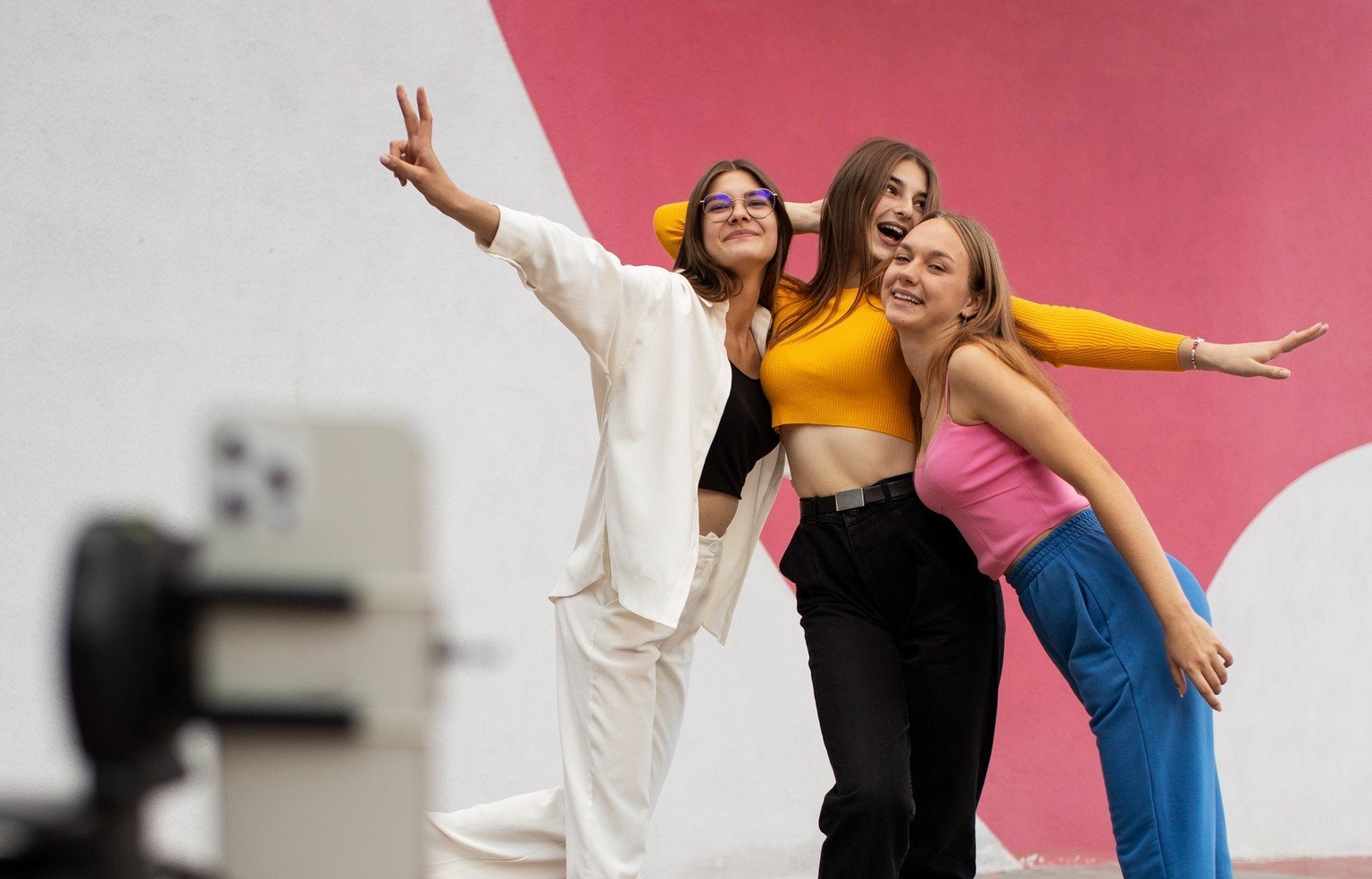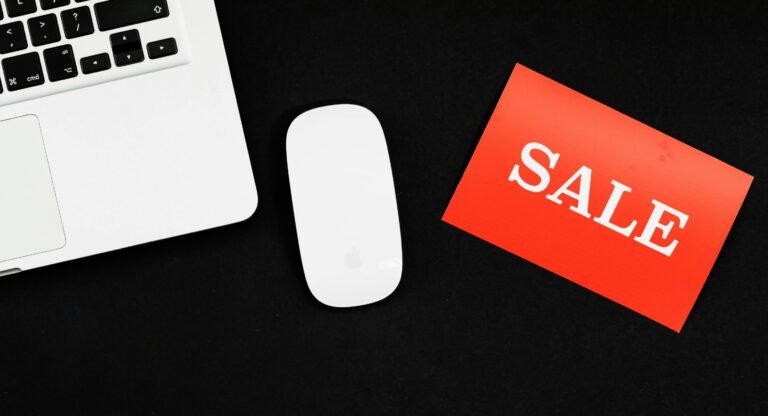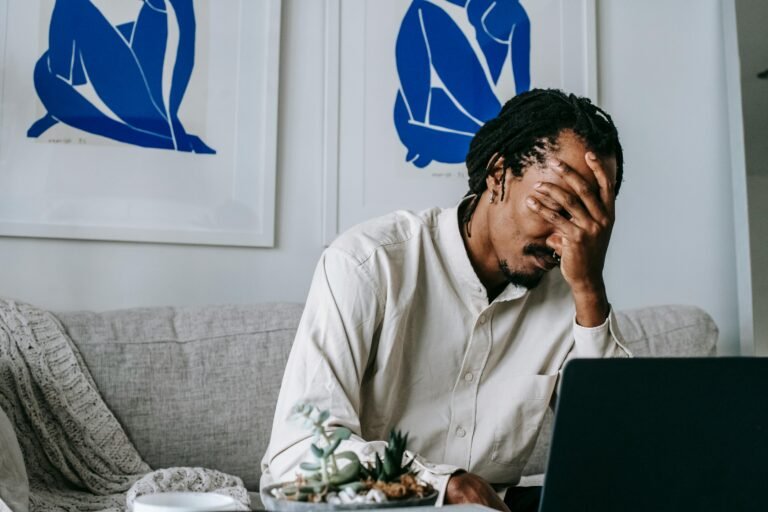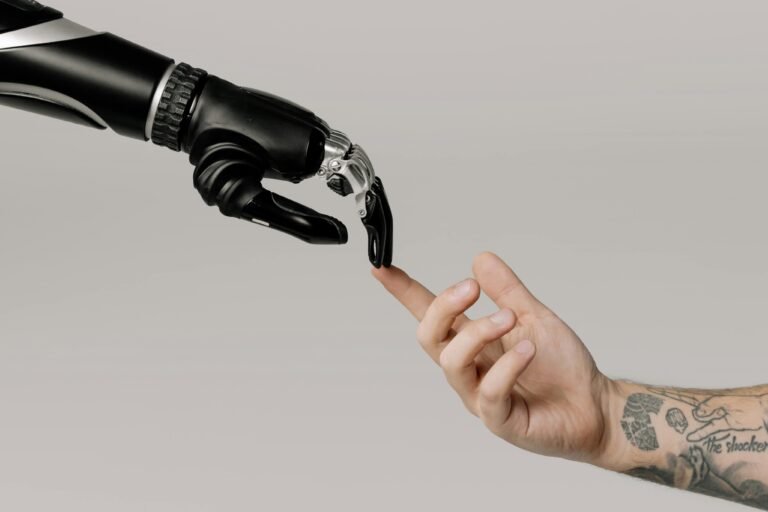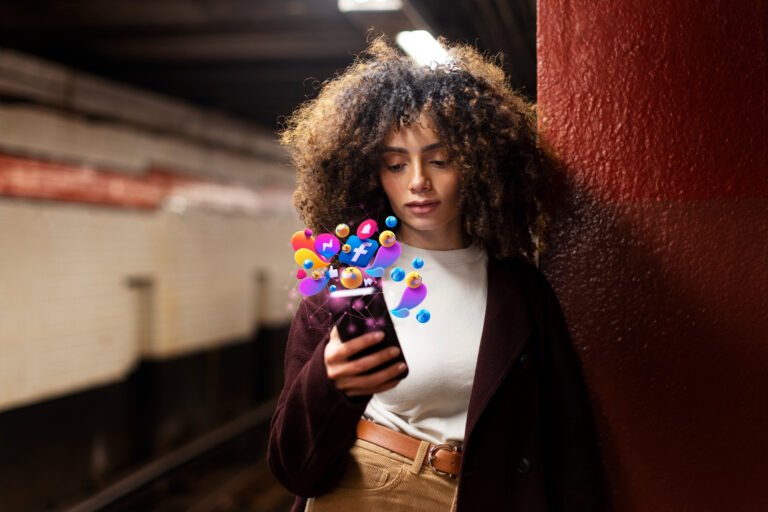The psychological toll of the scroll: TikTok as a reflection of society
In a world where attention is the ultimate currency, TikTok has rewritten the rules of cultural and media engagement. What began as a platform for quirky dance trends and lip-syncing videos has morphed into a behemoth influencing everything from fashion to politics.
With its bite-sized bursts of content and algorithmic genius, TikTok isn’t just shaping how we consume media—it’s redefining the very fabric of our culture. But as we celebrate its creativity, should we also pause to consider the implications of living in a “TikTokified”.
TikTok has democratized creativity in a way few platforms ever have. With nothing more than a smartphone and an idea, anyone can go viral. The app rewards authenticity, innovation, and immediacy, leveling the playing field for creators who might have been overlooked in the polished world of Instagram or the text-heavy realm of Twitter.
Read also…
It’s this accessibility that has birthed a new wave of influencers and micro-celebrities, from niche hobbyists to grassroots activists. Entire careers have been launched with a single viral video, proving that the cultural gatekeepers of old—Hollywood, traditional media, fashion houses—no longer hold a monopoly on influence.
But there’s a flip side.
As TikTok’s algorithm encourages rapid-fire content consumption, are we sacrificing depth for the allure of quick hits? The very nature of the platform promotes surface-level engagement, where nuance and complexity often fall by the wayside.
Beyond entertainment, TikTok has become a surprising hub for education and information. Need a quick cooking hack? Want to understand inflation in 60 seconds? Curious about mental health tips? TikTok’s short-form format has made learning more accessible than ever.
However, this convenience comes at a cost. The “TikTokification” of information—where complex topics are distilled into flashy, oversimplified snippets—risks creating a culture of shallow understanding. Misinformation spreads like wildfire in this environment, often disguised as well-meaning advice. When nuanced debates are reduced to sound bites, the result can be a dangerously uninformed public.
See this…
Cultural trends in overdrive
TikTok’s unparalleled speed and reach mean cultural trends now explode overnight. Songs from decades past find new life as viral audio tracks, niche aesthetics like “cottagecore” and “clean girl” become global movements, and even small businesses can achieve meteoric success through strategic TikTok exposure.
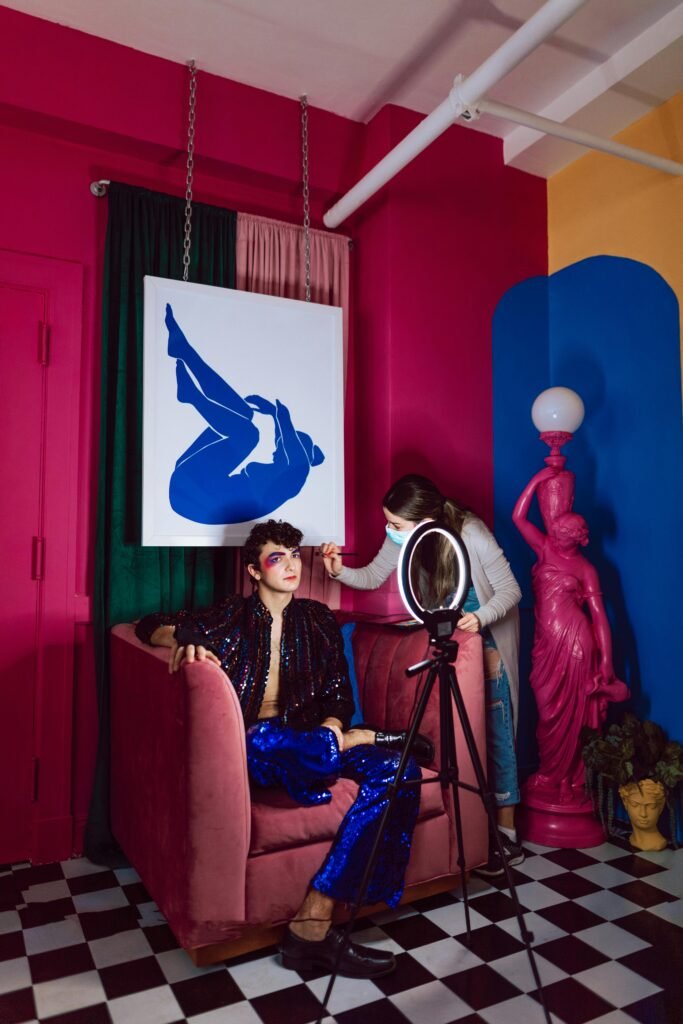
This acceleration of trends is exhilarating, but it also raises questions about sustainability. Are we fostering a culture of fleeting fads rather than enduring art? Creators, too, feel the pressure of constant output, struggling to stay relevant in an environment where yesterday’s trend is already passé.
The media landscape has also adapted—or succumbed—to TikTok’s influence. Traditional outlets are racing to create TikTok content, packaging news stories into bite-sized, swipeable clips to capture younger audiences. Even Hollywood has felt the effects, with films and TV shows now designed to produce “clippable” moments perfect for TikTok virality.
While this shift has made media more accessible, it also raises concerns about pandering to the algorithm at the expense of substance. Are we reducing art and storytelling to mere trends? And what happens when the line between entertainment and news blurs beyond recognition?
Read also…
How a 15-Second world is shaping culture and media
TikTok’s addictive nature isn’t just a cultural phenomenon—it’s a psychological one. The app’s endless scroll and hyper-personalized feed create a dopamine loop that’s hard to resist. For many users, minutes turn into hours as they lose themselves in the algorithm’s grip.
This constant consumption affects not only our attention spans but also our mental health. The curated perfection of viral content often fuels comparison and insecurity, especially among younger users. Meanwhile, the pressure to create and engage takes a toll on creators, who are expected to churn out content at an unsustainable pace.
In many ways, TikTok is less a disruptor and more a mirror, reflecting our desires, fears, and values. Its rise underscores our craving for connection, our fascination with creativity, and our willingness to embrace new forms of expression. But it also highlights our growing impatience, our susceptibility to oversimplification, and our tendency to prioritize virality over substance.
Should we be worried?
The TikTok era has brought undeniable innovation, from amplifying diverse voices to democratizing content creation. But its rapid-fire, algorithm-driven nature also raises important questions. Are we sacrificing depth for immediacy? Is our cultural landscape becoming a playground of trends with no staying power? And what are the long-term consequences of consuming and creating in a world designed for 15-second attention spans?
These questions don’t have easy answers, but they’re worth pondering as we continue to engage with the platform. TikTok is here to stay, and its influence will only grow. The challenge lies in navigating its impact thoughtfully, embracing its potential while being mindful of its pitfalls.
TikTok is a cultural juggernaut that has revolutionized how we engage with media and each other. It’s a platform bursting with creativity, connection, and opportunity, but it’s also one that demands caution and critical thinking. As we scroll, create, and share, we should remember that the cultural and media landscape we’re shaping today will define the world we live in tomorrow.
So, the next time you lose yourself in an endless stream of TikTok videos, take a moment to reflect: Are we consuming culture, or is it consuming us?
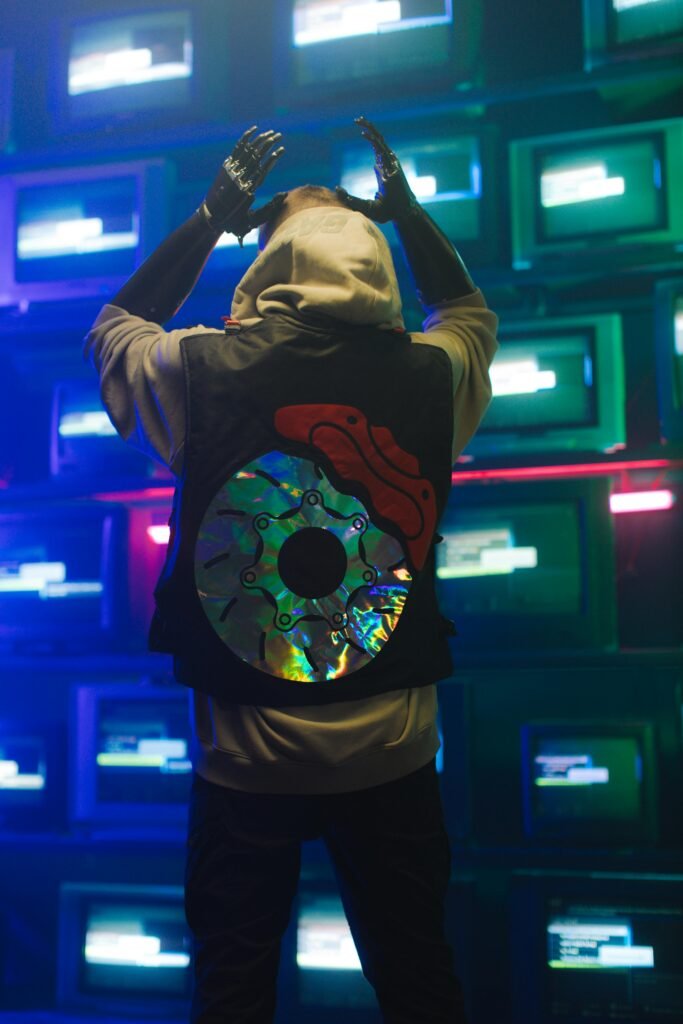
How to protect ourselves from the harms of TikTok culture
While TikTok offers endless entertainment and creative opportunities, it’s important to engage with the platform mindfully to mitigate its potential harms.
Here are some steps we can take to protect ourselves from the downsides of TikTok culture:
- Be a Critical Consumer of Information
TikTok’s short-form format can oversimplify complex topics, making it easy for misinformation to spread. To protect yourself, treat TikTok as a starting point rather than a definitive source of knowledge. Fact-check information from reliable sources and dig deeper into topics that matter to you.
- Limit Your Screen Time
The addictive nature of TikTok’s endless scroll can eat away at your time and mental well-being. Set limits on how long you spend on the app each day. Many smartphones and the app itself offer tools to monitor and restrict screen time—use them to create healthier habits.
See this…
- Cultivate Media Literacy
Understand how algorithms work and recognize that TikTok’s feed is designed to keep you engaged, not necessarily to present a balanced view of the world. By being aware of this, you can approach the content with a critical eye and avoid falling into echo chambers or trends that don’t align with your values.
- Prioritize Mental Health
If you find yourself comparing your life to the curated perfection of TikTok creators, remind yourself that social media often portrays an idealized version of reality. Take breaks when needed and focus on activities that bring you joy and fulfillment offline.
- Support Meaningful Content
As a user, you have the power to shape the platform by engaging with thoughtful and substantive content. Follow creators who inspire you, share videos that promote meaningful dialogue, and resist the urge to amplify trends that feel harmful or shallow.
- Set Boundaries as a Creator
If you’re a TikTok creator, avoid the pressure to produce content at an unsustainable pace. Focus on quality over quantity and give yourself permission to step back when needed. Protect your mental health by separating your self-worth from the performance of your videos.
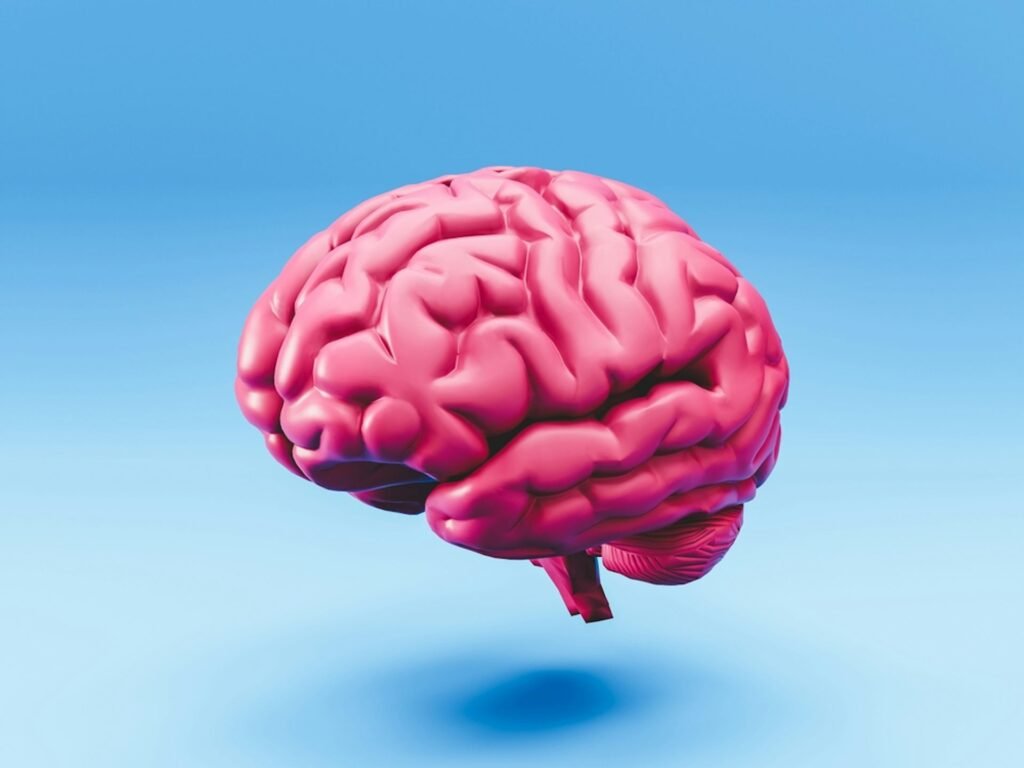
- Balance Online and Offline Life
Remember that TikTok—and social media in general—is just one part of your life. Spend time nurturing real-world connections, pursuing hobbies, and engaging in activities that aren’t tied to a screen. This balance can help you maintain perspective and avoid becoming overly consumed by online culture.
TikTok is a powerful cultural force, but it doesn’t have to dominate your life. By engaging thoughtfully, setting boundaries, and prioritizing well-being, you can enjoy the benefits of the platform without falling victim to its potential harms.
As we navigate the TikTok era, the key is to embrace its creativity and innovation while staying grounded in our values and mindful of our mental health. After all, the true power lies not in the algorithm, but in how we choose to use it.
Read more…
Get fresh content delivered to you
Sign up to our newsletter and receive our latest updates and exclusive content. No spam, one e-mail per week, maximum!

